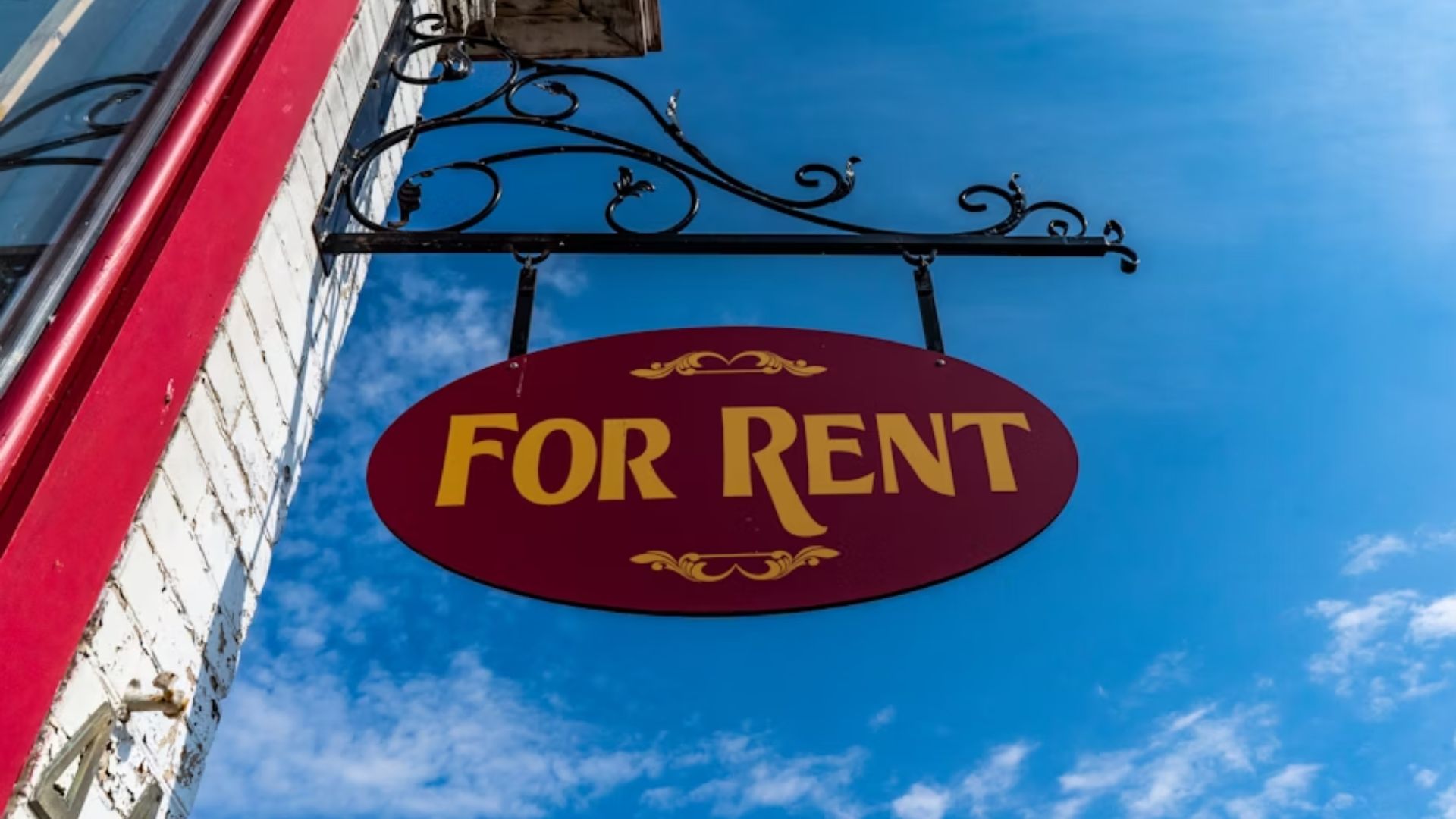Atlanta, Georgia – In the heart of metro Atlanta’s main counties, three big companies now control almost 11% of the houses that people can rent. Taylor Shelton, who studies geography at Georgia State University, led a study on this.
Shelton works as a young professor in Georgia State’s Geosciences Department. He teamed up with Eric Seymour from Rutgers University to look into who owns the rental houses in metro Atlanta. Their research showed that Invitation Homes, Pretium Partners, and Amherst Holdings together own over 19,000 homes.
Read also: From founding member to top leader: Deputy Chief Mike Carlson promoted to Dunwoody Police Chief
Their research got featured in a recent article called “Horizontal Holdings: Untangling the Networks of Corporate Landlords” in the Annals of the American Association of Geographers.
A lot of control concentrated in the hands of just three companies
Shelton explained that these firms have a big number of houses in certain areas. This means they have a lot of control in those places, making it tough for people who rent homes because these companies own so many.

Metro Atlanta is struggling with making housing affordable for everyone. A book by Dan Immergluck, another researcher from GSU, suggests that these big landlord companies could be part of the problem. Since the financial troubles of 2007 and the COVID-19 pandemic, many smaller landlords and homeowners ended up selling their properties. This situation made it easier for big companies that rent out properties to buy up a lot of houses.
Understanding who actually owns each property has become really hard.
These big corporations control their properties through numerous LLCs to lower the risk
In the U.S., many big companies run their businesses using smaller companies called LLCs. This is true for these big landlord companies too. These LLCs are a way for the big parent companies to protect themselves from any legal issues that renters might bring up.
“If a tenant is able to sue an LLC and win—they receive some level of damages and compensation for whatever harm they experience—the structure in place means that only the assets held by the LLC are used in calculating the appropriate level of damages,” Shelton said.
Shelton pointed out that big landlord companies use lots of LLCs for protection. In his study focusing on the main counties around metro Atlanta—Fulton, Clayton, DeKalb, Gwinnett, and Cobb—the three biggest landlord firms together have over 190 LLCs.
These LLCs often list several addresses, which makes it hard to figure out how they’re connected to their main companies.
It’s hard to fined the names of the companies
Adding to the confusion, many of these big firms aren’t listed on the stock market. This means people can’t easily find out how many properties they own. However, because Invitation Homes is on the stock market, the number of properties it has is public information, thanks to the reports it must give to the U.S. Securities and Exchange Commission.
“The other two we analyze in this paper, Pretium Partners and Amherst Holdings, are backed by private equity and not publicly traded,” Shelton said. “So, there is no way to ever know what the full scope of their holdings are without a method like the one we used.”
Renters often feel stuck when dealing with these big landlord companies.
“Layers of interaction that have to happen before you get to the person who’s ultimately making decisions are increased. You have to talk to your property manager,” Shelton said. “Then, the property manager has to talk to their supervisor, who talks to the local or regional manager. Then they have to run things up. It creates this distance where you don’t actually know who your landlord is, so you don’t actually know who to make demands of.”
This issue is especially big in Atlanta, which is the number one place in the U.S. for this type of corporate landlord activity, according to another research paper by Taylor and Seymour in the Journal of Urban Affairs.
“You have to add up the next two or three largest markets in the U.S. together to have the same amount of corporate landlord investment that Atlanta has,” Shelton said.
Shelton explained that metro Atlanta is a big draw for these corporate landlords for several reasons.
“Corporate landlords like places that are growing, and they like places where housing is relatively cheap,” Shelton said. “But the other box that Atlanta checks is that we have very lax tenant protections.”
To help tackle this issue, Shelton and his team have shared how they did their research with everyone.
“The hope is that anybody can take this method and replicate it even if you don’t have significant technical skills,” Shelton said. “We wanted to get to the skeleton of the logic of this process so that anyone can do it for anywhere and any company. All you need to have is the right data and then you can go from there.”
